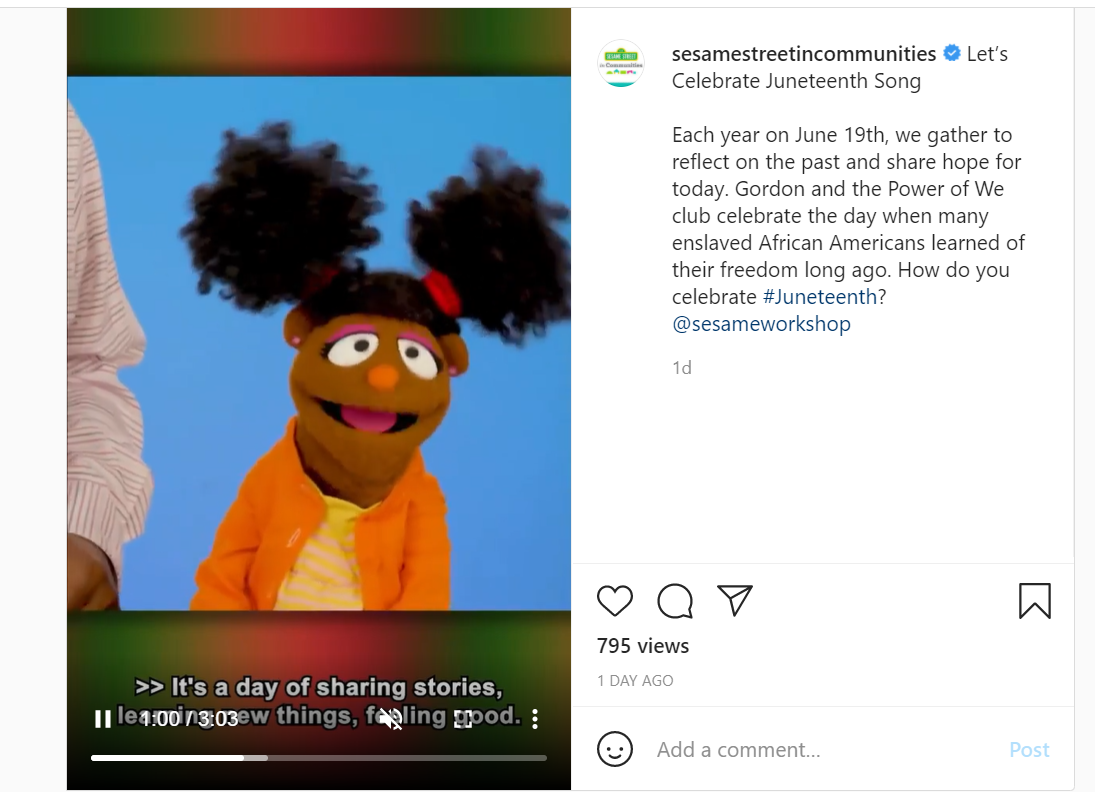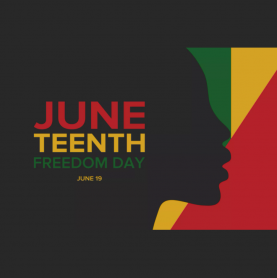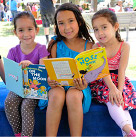When it was signed and dated July 4, 1776, the U.S. Declaration of Independence stated “All men are created equal.”
But at that time, more than 4 million Black people were enslaved and would remain so for nearly another century. The celebration of Juneteenth – on June 19 – commemorates the day in 1865 when enslaved people were finally freed in the U.S.
Slavery had already been abolished when federal troops arrived in Texas in 1865, but the enslaved Black people living in that southern state had yet to be freed. Two years earlier, on Jan. 1, 1963, President Abraham Lincoln issued his Emancipation Proclamation, ordering freedom for all enslaved people in Confederate states. But the order didn’t immediately free any enslaved people and in the Confederate South, many enslavers kept the news of Lincoln’s order quiet in order to continue benefiting from forced labor. With the surrender of the Confederate Army two months earlier, the arrival of federal troops in Galveston brought the liberation of enslaved Black people. The 13th Amendment to the U.S. Constitution, signed in December of 1865, made it official.
After President Biden signed the bill last year, Juneteenth became officially recognized as a federal holiday. The day is typically celebrated with music, BBQ, prayer services and other spirited activities reminiscent of “Jubilee Day,” what Juneteenth was first referred to in the year after Black people became free. Prior to the pandemic, large gatherings have been held in cities across America to celebrate Juneteenth and Black culture. This year, the National Museum of African American History and Culture is presenting a virtual tour observing Juneteenth and the Tulsa Massacre Centennial.
Food is an important component of the Juneteenth celebration, which typically includes foods in hues of red, like hibiscus tea, red velvet cake, and barbecue ribs. Here are some recommendations for cookbooks by Black authors who feature traditional dishes:
– I Heart Soul Food: 100 Southern Comfort Food Favorites by Rosie Mays
– Sweetie Pie’s Cookbook: Soulful Southern Recipes. From My Family to yours by Robbie Montgomery
– Recipes for the Good Life by Pattie LaBelle
Another feature of the celebrations is music made and performed by Black artists. This playlist presented by the Rickey Smiley Morning Show features family friendly music celebrating Blackness.
And in an effort to help children of all races understand racism and the challenges they may face because of their skin color, Child Care Resource Center is sharing a recording of Dear Child… People May Hate You by Savannah Walker. Additionally, here is a reading list of child-appropriate books for families.
Sesame Street also created a kid friendly video explaining Juneteenth, which can be viewed here.



